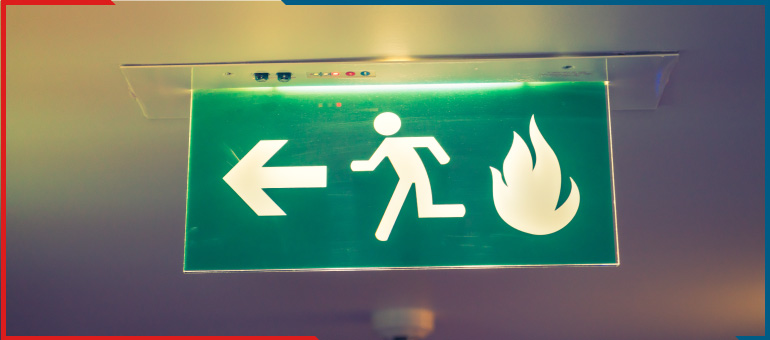We understand the importance of fire safety and prevention, which is why we offer a comprehensive range of fire stopping solutions to ensure that your property is fully protected.
Our team of experts is highly experienced and trained to provide professional fire stopping services for properties of all sizes and types. We work closely with our clients to assess their specific needs and provide tailored solutions to ensure that walls, roofs, floors, service risers and voids retain their fire resistance. With our expertise and state-of-the-art equipment, you can trust us to deliver reliable and effective fire stopping solutions for your property.


























